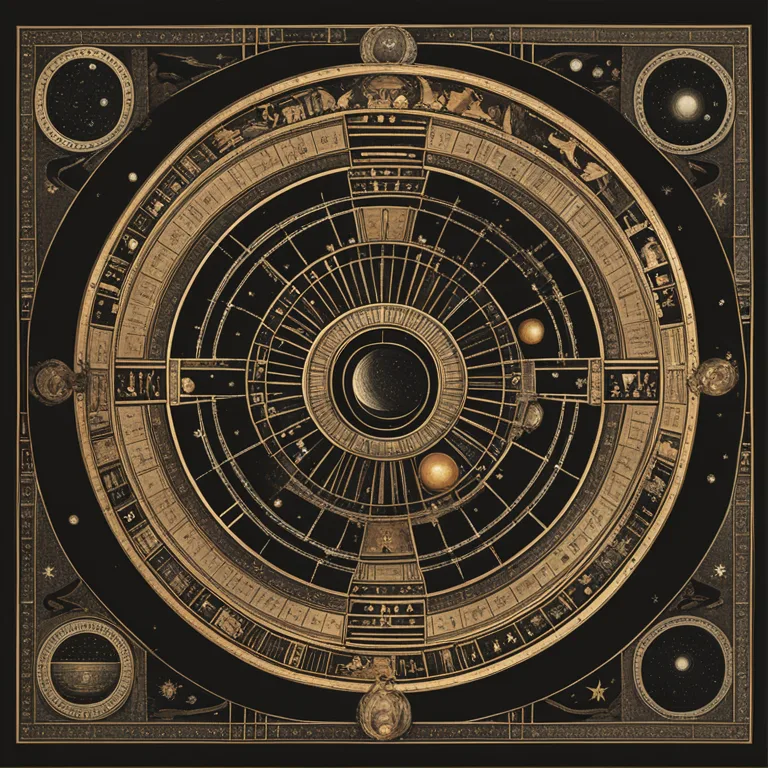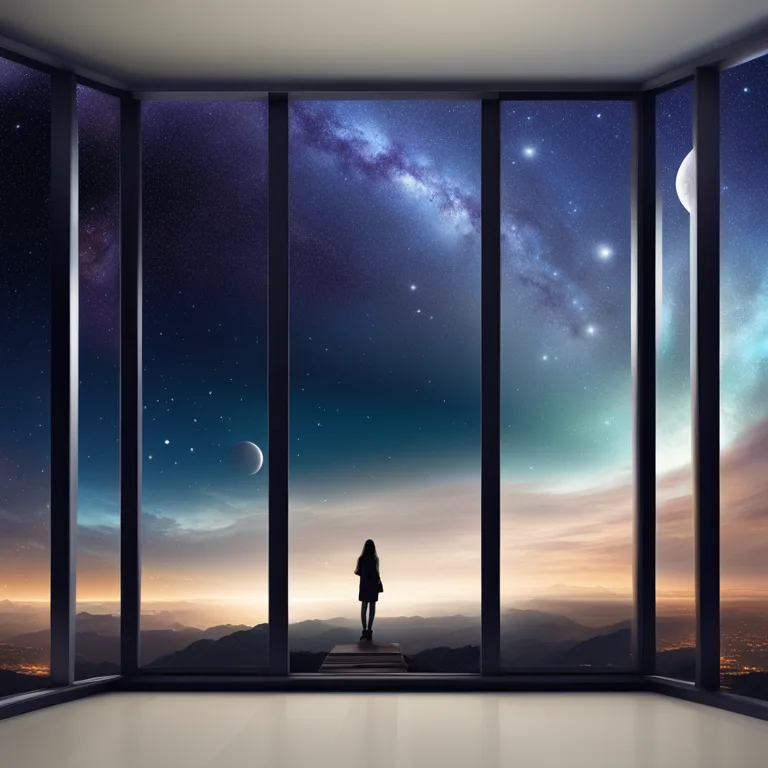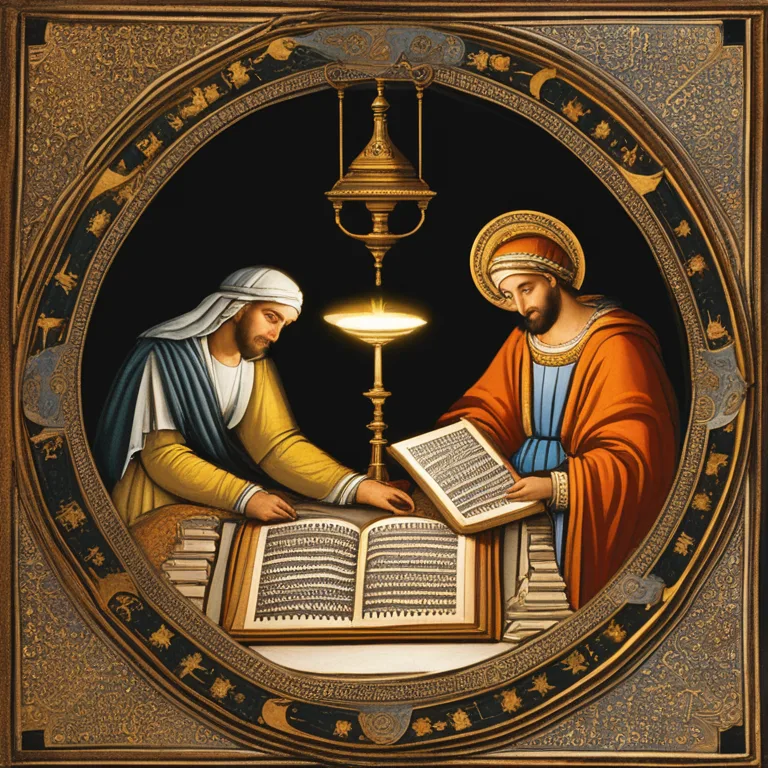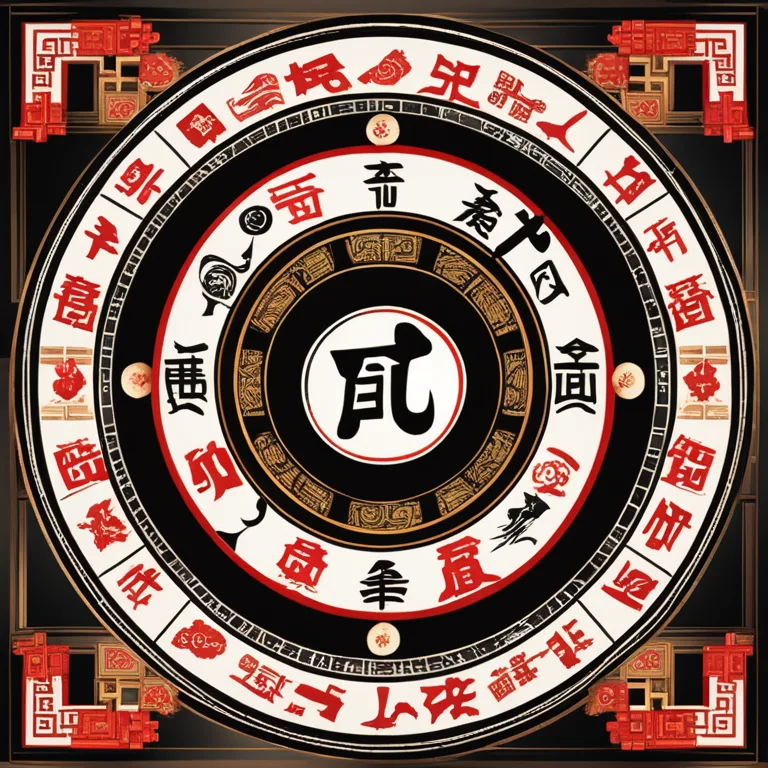
The Origins of Astrology: Tracing Back to the Stars
Delve into the roots of astrology, from ancient celestial observations to modern horoscopic practices, with a sweep through history's astral journey.
article by Priya Deshmukh
A Celestial Genesis
The art of astrology begins its story under the vast, ancient skies where early civilizations first turned their gaze upwards. Reverence for the celestial bodies is as old as human history itself. Cultures around the globe, from the Babylonians and Egyptians to the Greeks and Chinese, found meaning and order in the rhythms of the cosmos. The Sumerians in Mesopotamia, as far back as 3000 BCE, made some of the earliest known astrological recordings, eager to divine the gods' messages written in the night sky.

From Omens to Horoscopes
Astrology's evolution was closely tied with the advancement of astronomical understanding. The Babylonians, who thrived around 1800 BCE, developed a sophisticated system known as Enuma Anu Enlil, which correlated celestial phenomena with earthly events. They believed celestial bodies were deities and their movements were divine communications. Horoscopic astrology, predicting individual destinies based on the position of celestial bodies at one's birth, emerged later in Hellenistic Egypt by the first century BCE.

Global Astrological Practices
Astrological techniques were not confined to a single region; they spanned across cultures and continents. Chinese astrology, with its Zodiac system rooted in the Han Dynasty (2nd century BCE to 2nd century CE), focuses on a person's birth year rather than the stars. In contrast, Vedic astrology or 'Jyotisha' from ancient India, which took shape around 500 BCE, gave more emphasis to lunar movements and their influence on human affairs.

The Middle Ages to Renaissance
The fall of Rome may have cast Europe into the proverbial Dark Ages, but astrology continued to shine. Arabic scholars preserved and expanded upon Hellenistic astrological texts. This knowledge flowed back into Europe during the medieval period, leading to a Renaissance in astrological studies. The advent of the printing press in the 15th century made astrological materials widely accessible, embedding them in everyday cultural and intellectual life.

Scientific Scrutiny
With the Enlightenment and the rise of empirical scientific methods, astrology's status as a scholarly practice began to wane. Astronomy and astrology, long intertwined, parted ways as the former cemented itself as an empirical science. Despite this, astrology's appeal persisted, morphing into a tool for self-examination and horoscope forecasting, which remains popular to this day.
Modern Astrology and Horoscopes
Today, astrology enjoys a renaissance of its own in the digital age, with easy access to personalized astrological charts and horoscope forecasts for 2024 and beyond. Advancements in software and the proliferation of mobile apps make daily astrological advice as easy to access as checking the weather. Not just limited to personal guidance, astrology also claims a spot in compatibility assessments, where it's believed to unveil potential harmony or discord between partners.
Published: 12/29/2023
Modified: 12/29/2023
More predictions
Come back here soon to learn more about yourself and your future


Birth Chart: The Powerful Role of Jupiter
Explore the powerful role of Jupiter in astrology and its profound impact on our personal growth, luck, and life philosophy in the birth chart.


Your Birth Chart: Cosmic Blueprint Explored
Delve into the insights of your astrological birth chart and discover the cosmic influences that shape your personality, path, and potential.


The Power of Biorhythms: A Guide
Delve into the significance of your birth chart to comprehend your astrological imprint and personal destiny as written in the stars.